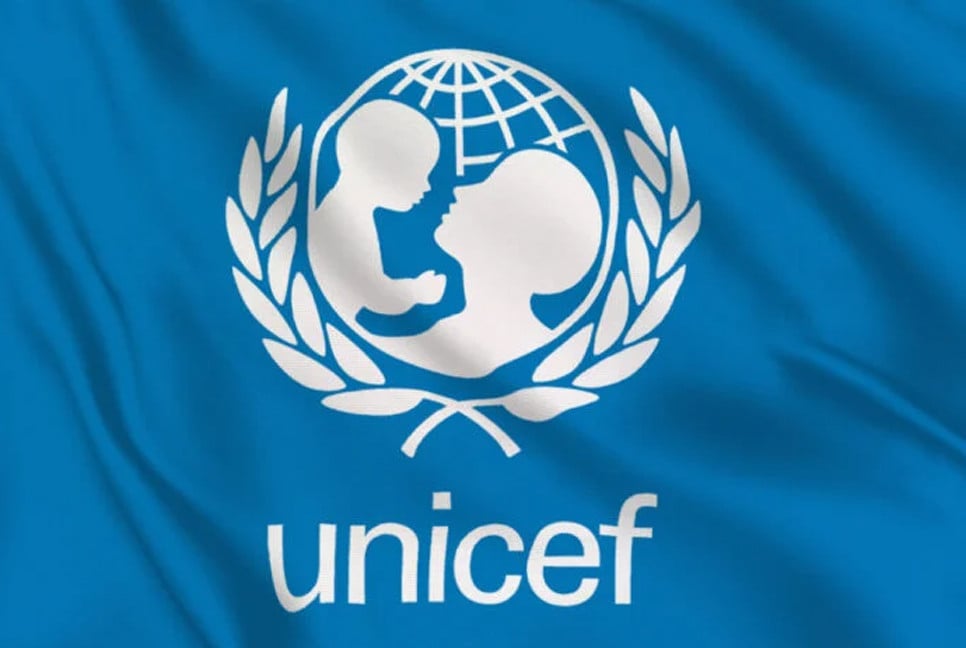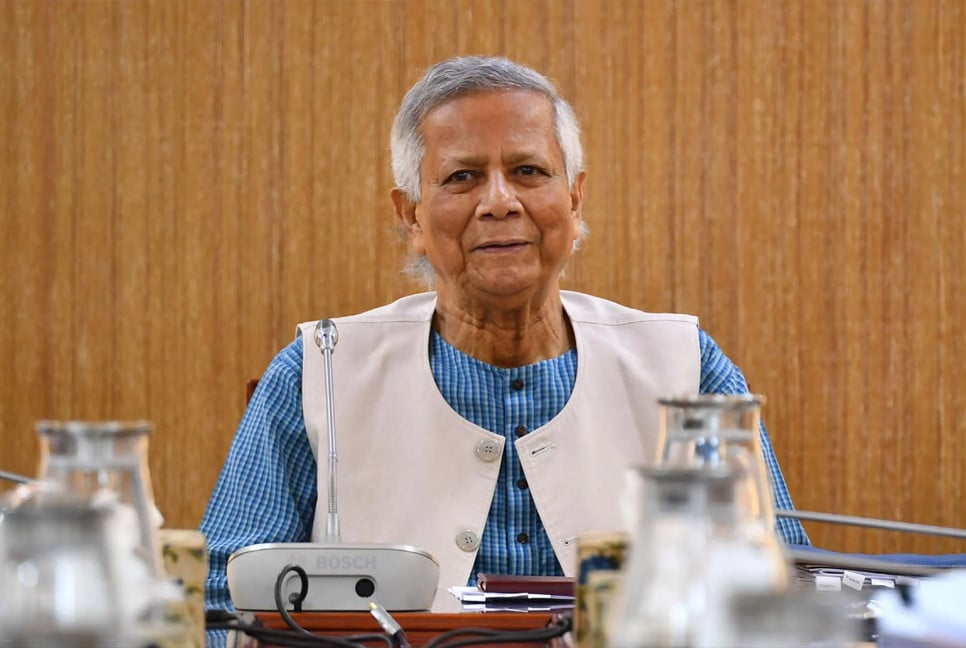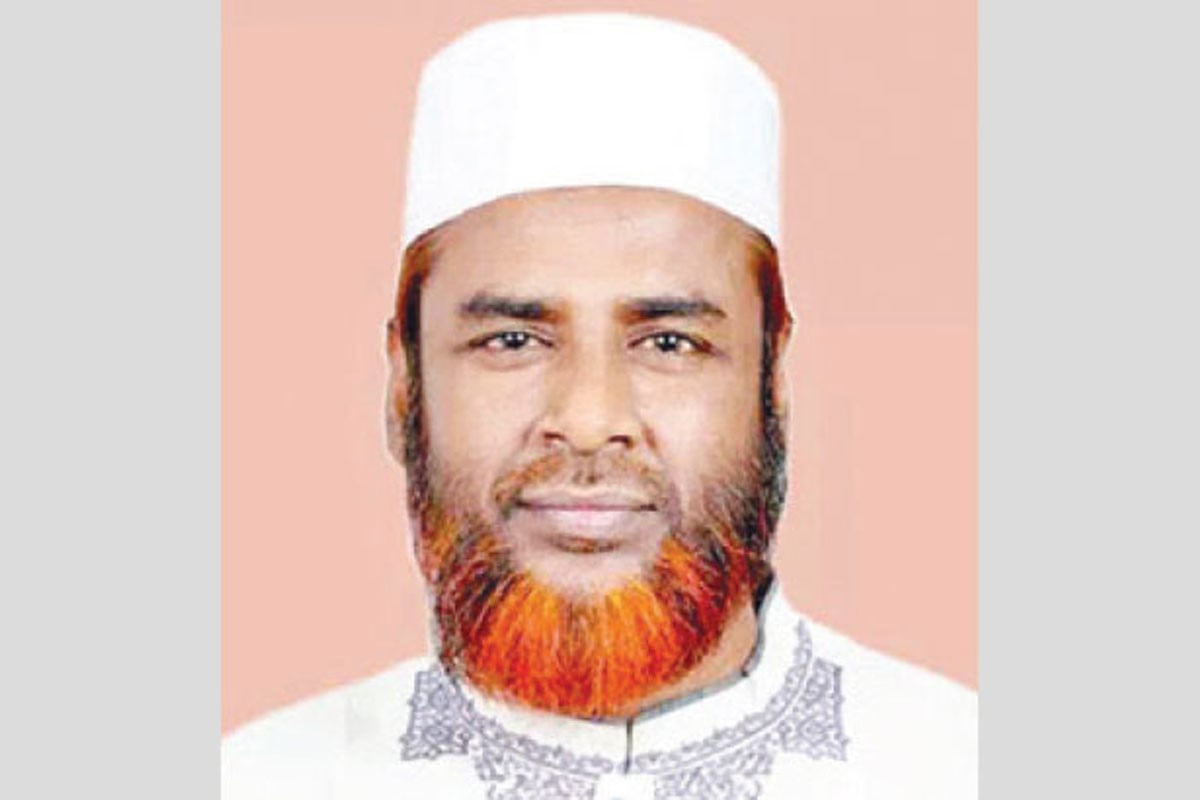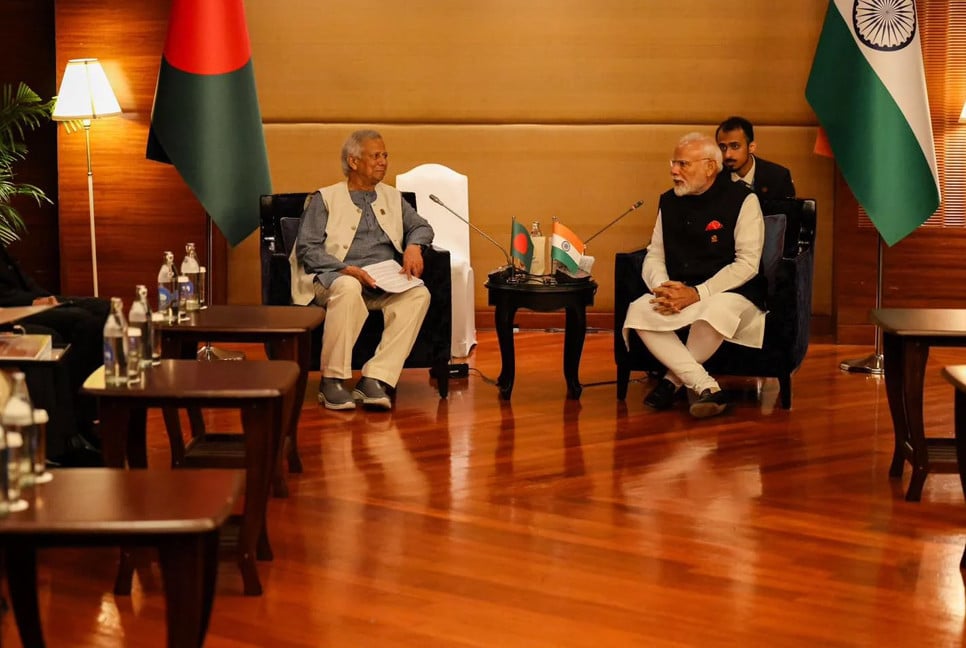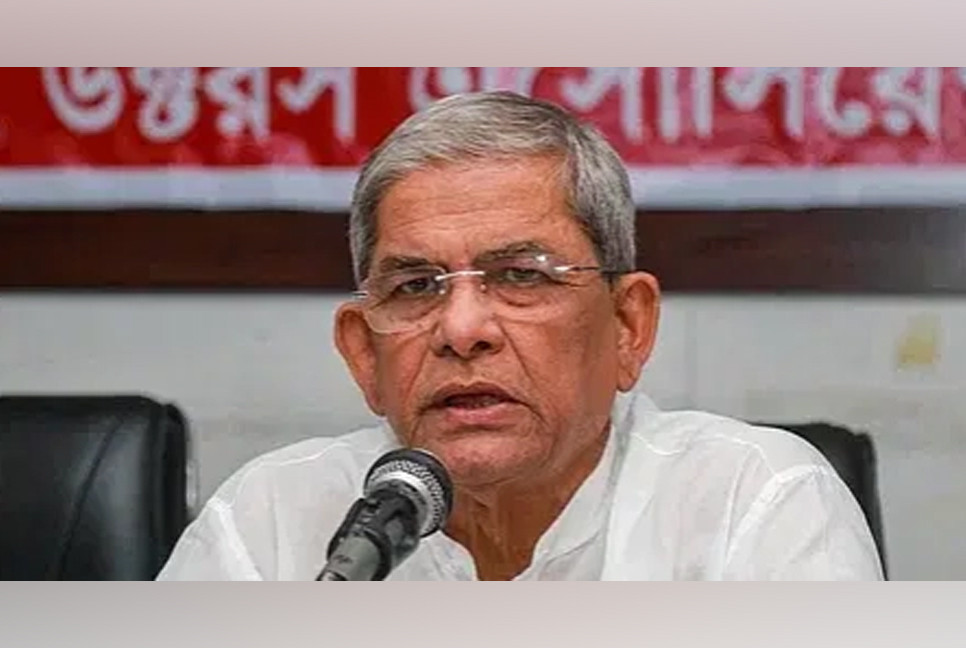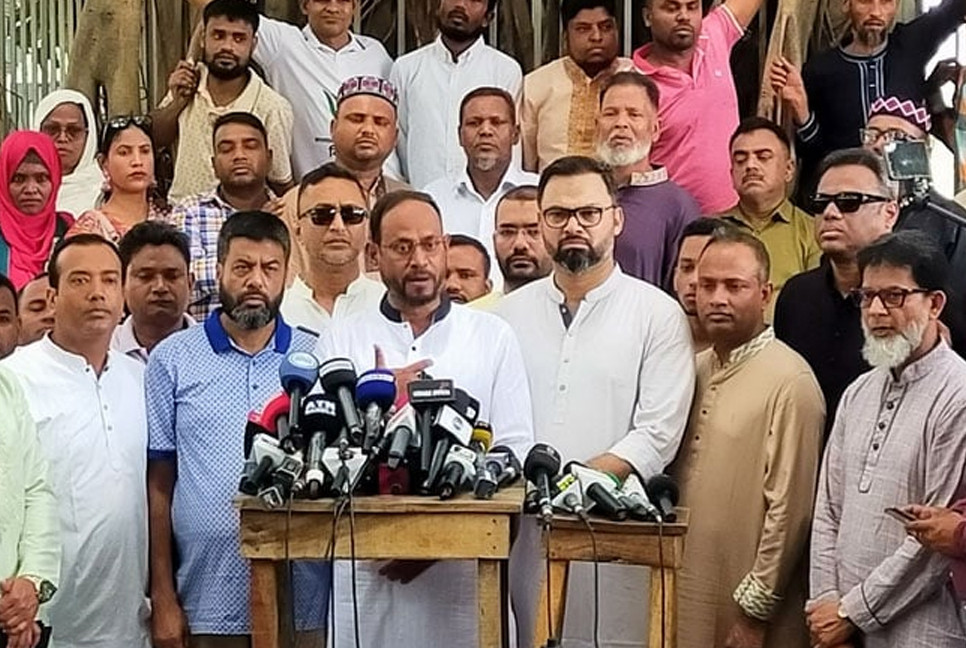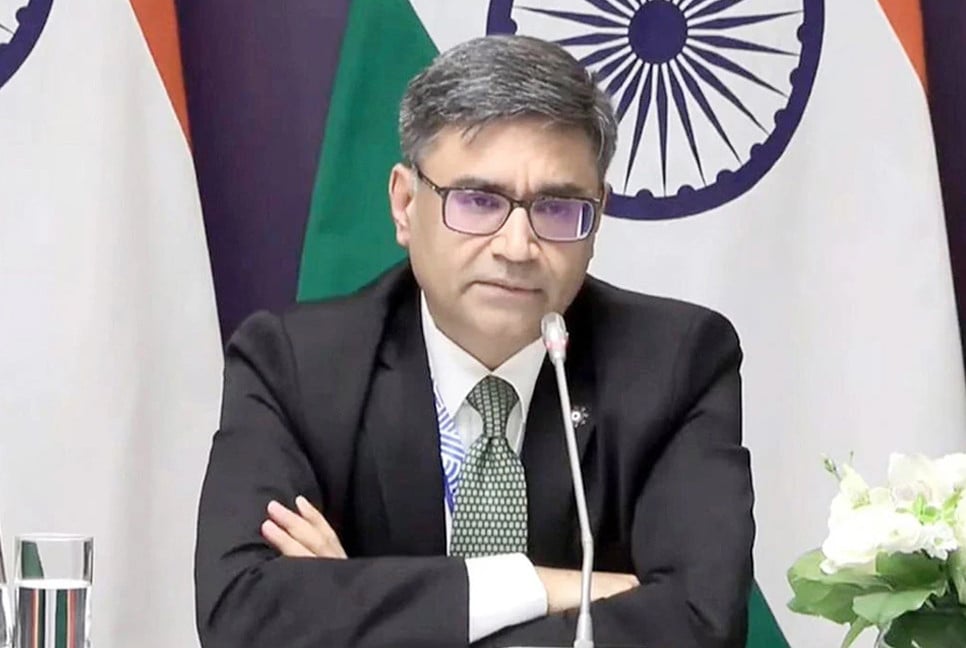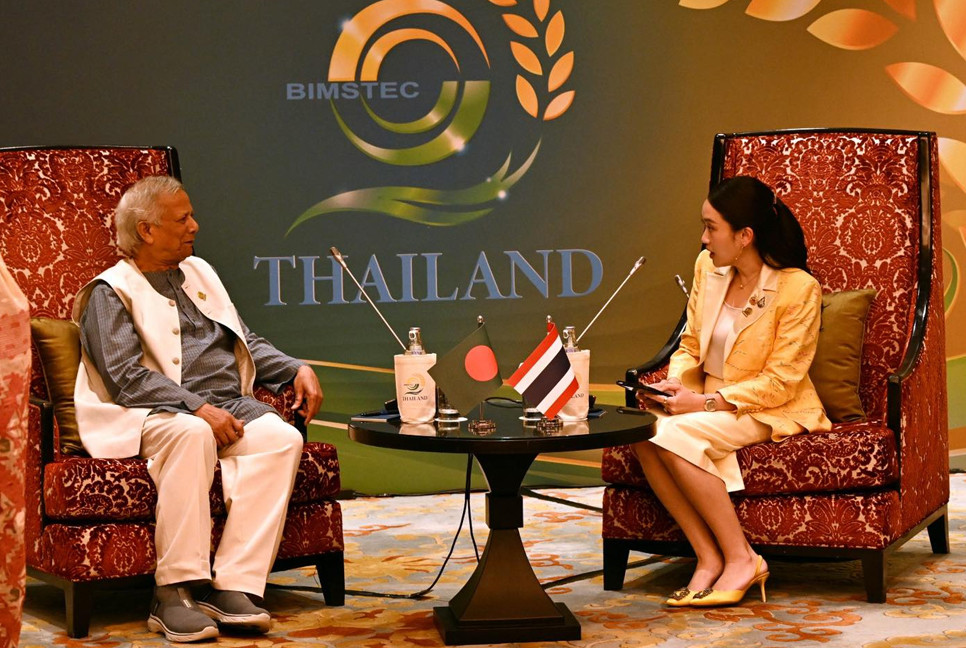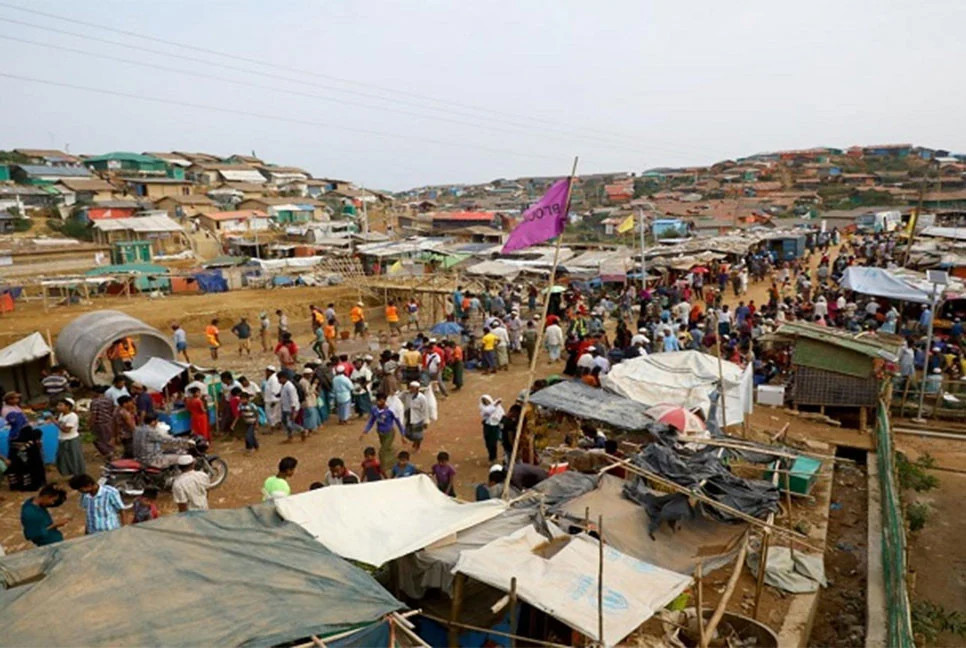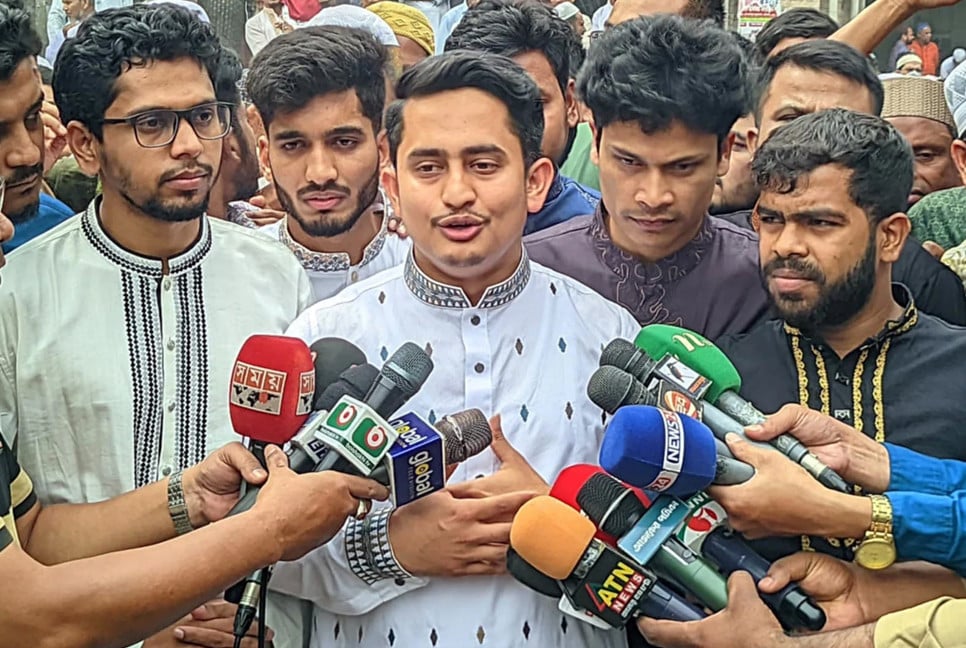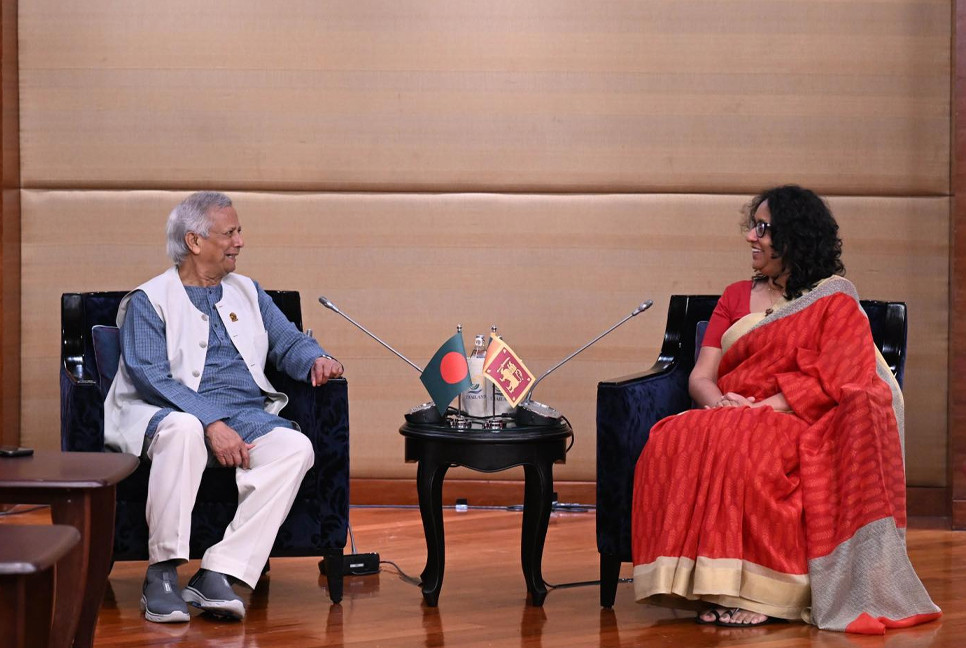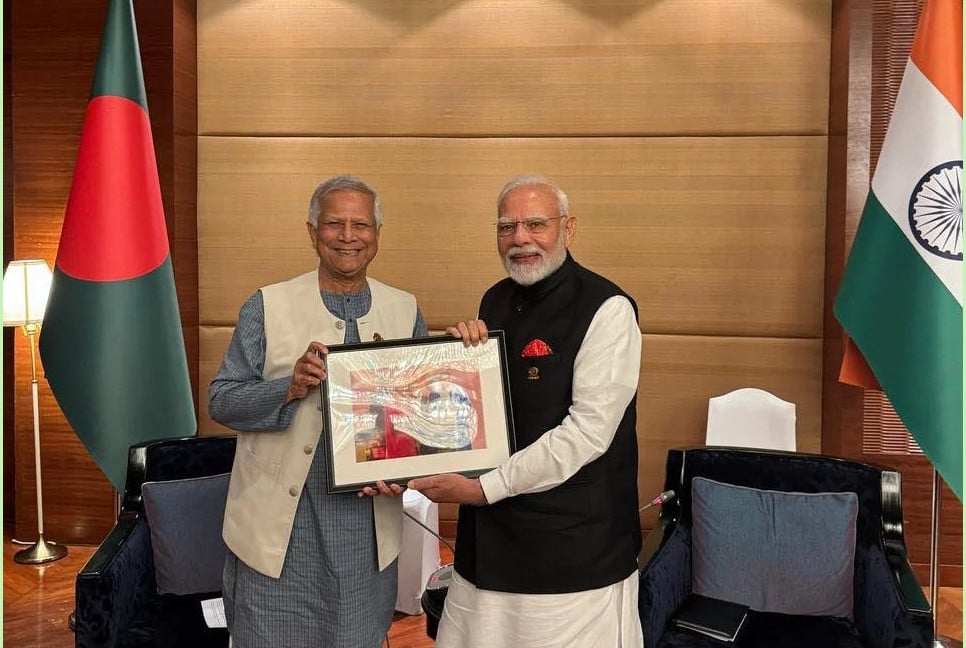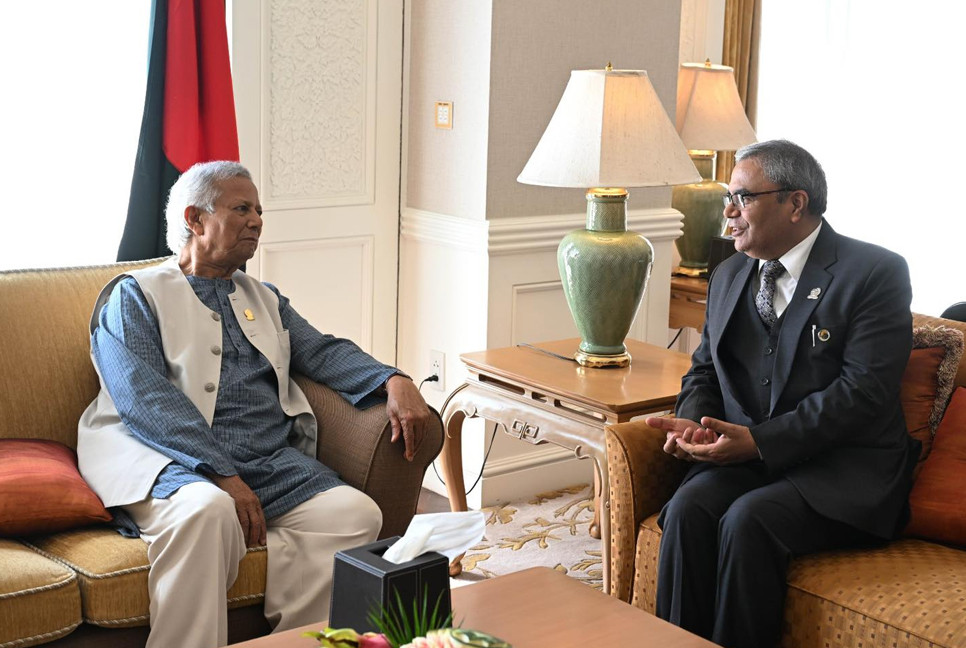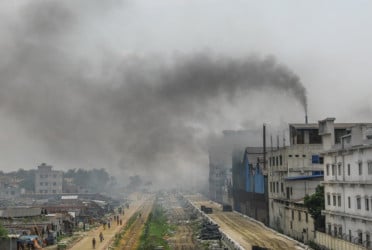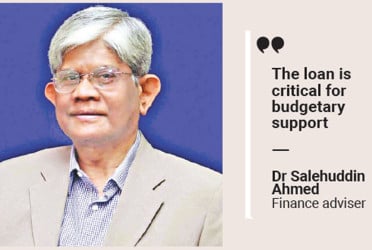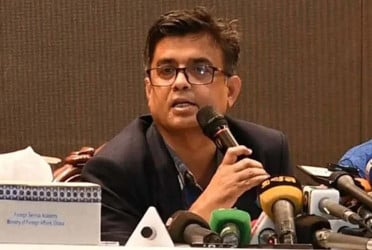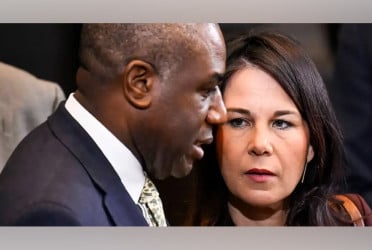UNICEF has described the UN Human Rights Office report on the tragic events that took place in Bangladesh in July and August 2024 as shocking and heartbreaking.
Among the 1,400 people the report estimates were killed between July 1 and August 15, more than a hundred of them were children, Rana Flowers, UNICEF representative in Bangladesh, said in a statement on Wednesday.
UNICEF reported on many of these deaths and has continued to work on clarifying how many children were killed or hurt, she said, adding that they mourn each and every one of them.
Gender-based violence, including physical assaults and threats of rape, was also documented, aimed at deterring females from participating in protests. Children were not spared; they were killed, maimed, arbitrarily arrested, detained in inhumane conditions, and tortured, Rana Flowers said.
In one harrowing case, a 12-year-old protester in Dhanmondi died from internal bleeding caused by 200 metal shot pellets. Another tragic incident involved a six-year-old girl in Narayanganj, who was killed by a bullet to the head while observing clashes from her rooftop. On August 5, one of the deadliest days of the protests, a 12-year-old boy in Azampur described police firing "everywhere like rainfall," witnessing at least a dozen dead bodies.
“These findings must horrify us all,” the UNICEF representative said, urging all across Bangladesh to ensure “never again” must this be allowed to happen to children.
In light of these findings, UNICEF stresses the need for all policymakers in Bangladesh, political actors and officials to work urgently on three key aspects to help the children, young people and families of Bangladesh to heal and to move forward with hope.
First, there must be some accountability and some reconciliation for those children whose lives have been lost and whose families grieve for them.
“Second, let us call for justice, supporting and ensuring reintegration of those who remain in detention, or who are otherwise affected by these events,” Rana Flowers said.
“Third, and perhaps most pressingly, let this be a moment of catalytic change. A time for all political actors, parties and policymakers to reach a consensus on the need for reforms to policing and justice systems so that no child in Bangladesh ever again faces arbitrary detention, a lack of due process, torture, or violence for exercising their right to peaceful assembly, and so that children in Bangladesh can fully realise their right to safety, dignity and justice,” she said.
In calling for accountability and reform, UNICEF offers support to ensure there are independent investigations into all cases of violence, abuse, and unlawful detention of children, justice sector reforms that align Bangladesh’s legal framework with international standards for child protection, stronger safeguards to prevent future violations, including the establishment of independent monitoring mechanisms.
UNICEF also seek a justice system fit for children, which ends the criminalisation of children, rather than treating children as threats, ensures they understand their accountability, recognises them as rights holders in need of care, protection, and rehabilitation.
It called for expanding the alternatives to detention for children who are found by the courts to have committed a crime.
Bd-Pratidin English/ARK

